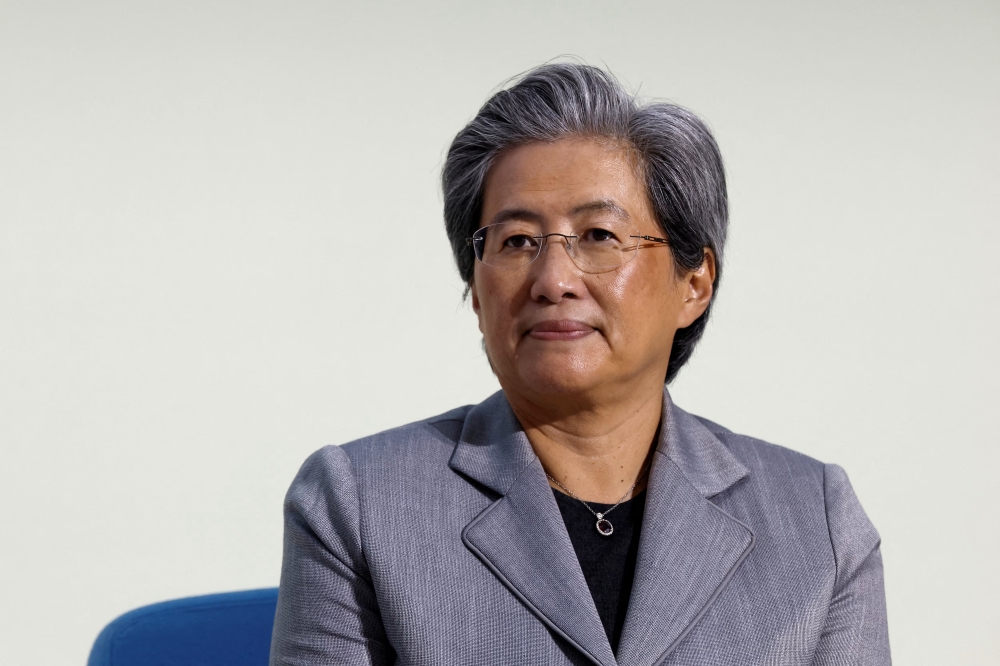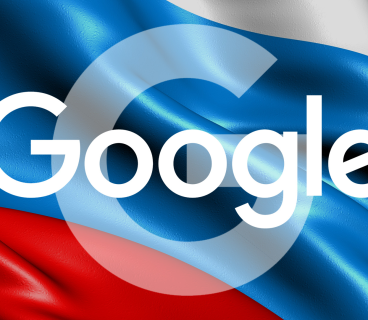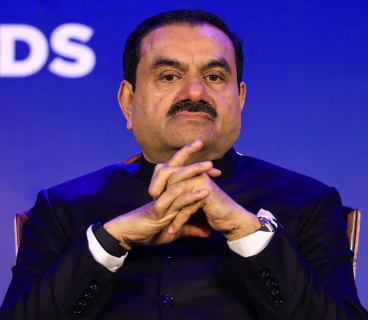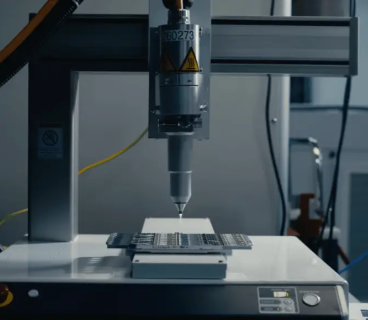American technology company AMD (Advanced Micro Devices) unveiled its new artificial intelligence server, “Helios,” which is set to launch in 2026. The company’s CEO, Lisa Su, announced this at the “Advancing AI” technology conference held in San Jose, California.
The new servers will use AMD’s MI400 series AI chips, with each server housing 72 of these chips. With this specification, the Helios servers are considered serious competitors to Nvidia’s market-leading NVL72 servers.
During her speech, Lisa Su stated that the networking technologies and standards of the Helios servers will be openly shared, allowing other companies such as Intel to use the technology. This is presented as an alternative to Nvidia’s proprietary NVLink technology.
“The future of artificial intelligence will not be built by a single company or closed systems, but shaped by open collaboration across the entire industry,” Su emphasized.
OpenAI’s CEO, Sam Altman, joined Lisa Su at the event. He noted that OpenAI is currently working with AMD to improve the MI450 series chips, making them better suited for AI models like ChatGPT.
Representatives from Meta (Facebook’s parent company), Elon Musk’s xAI, Oracle, and Crusoe also spoke during the presentation. They shared their plans to use AMD chips. Crusoe, a cloud services provider, announced plans to purchase $400 million worth of AMD chips.
It is worth noting that AMD recently acquired server manufacturer ZT Systems and has strengthened its AI technology teams by recruiting experts from several startups, including Untether AI and Lamini.
However, experts believe that these moves are unlikely to immediately change AMD’s competitive position against Nvidia. A major reason is that AMD’s ROCm software has yet to gain traction compared to Nvidia’s CUDA platform.
In its May financial report, AMD stated that despite increasing restrictions on AI chip exports to China, it still expects strong double-digit revenue growth in the AI sector.
These developments demonstrate AMD’s significant investments in artificial intelligence technologies and its determination to compete strongly with Nvidia.







